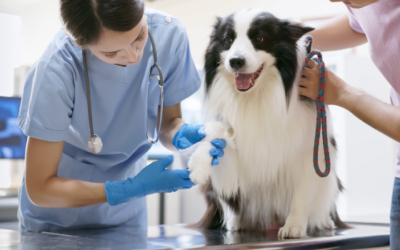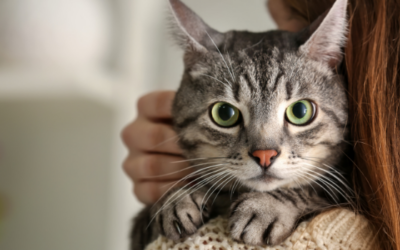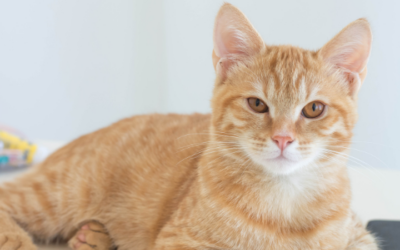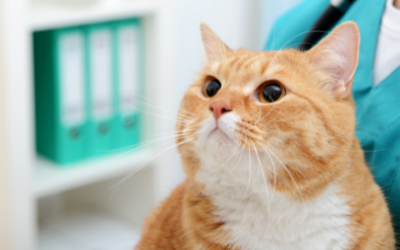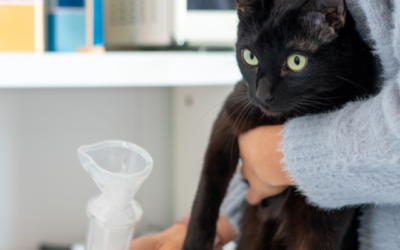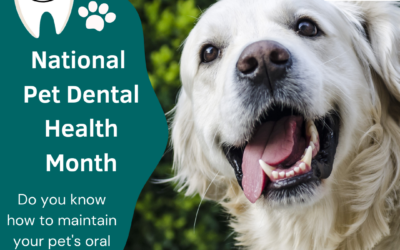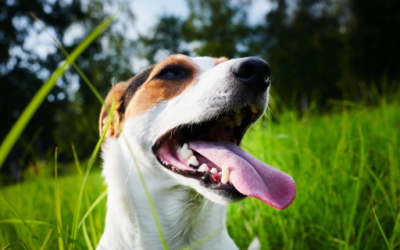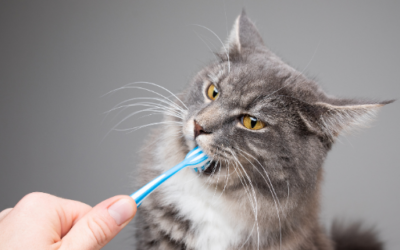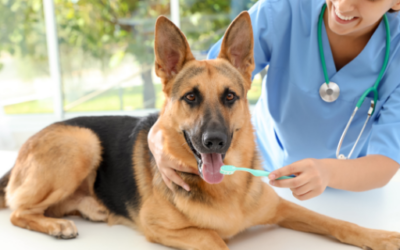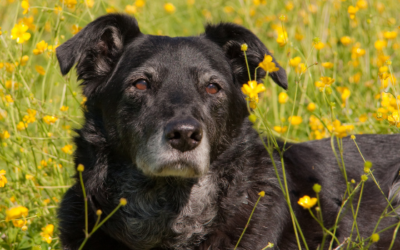Our Blog
Mira Mar Vet, your local vet in Albany
All the latest news from Mira Mar Vets and informative pet tips
Not feline good: Why your cat might be limping and how to help
Uh oh, your cat has come home limping – what could be the problem? And what should you do? Common causes of limping in cats Some of the most common causes of sudden limping in outdoor cats include soft tissue injuries from cat fights or orthopaedic (bone and joint)...
Vacation veterinary care
Planning to head off on holidays soon? We’d recommend ticking off these pre-vacation pet care tasks before you go! 1. Checking that your pet has enough prescription medication If your pet is on a prescription medication or diet, ensure that you have enough of this...
Travelling with a canine companion
Planning to take your dog on a road trip or driving holiday? With good preparation, you can help ensure smooth sailing (in the car!) for you and your pet. Health care In the couple of weeks before you leave, you should check that your pet is healthy and up to date...
The pre-boarding checklist
Is your cat going into boarding over the holiday period? Check out this helpful pre-boarding checklist that will help ensure that your cat’s stay is as purr-fect as possible! Vaccinations Unless your cat has been exempted due to a documented medical issue (e.g. they...
Feeling a little ruff
Have you heard of Canine Infectious Respiratory Disease Complex (CIRDC)? This is the newer name for the illness commonly known as “kennel cough”. Whilst it’s a mouthful to say, the term CIRDC better reflects the fact that dogs can be exposed to this illness in a...
Facts about feline flu
If you’re a cat owner, there’s a good chance that you’re already aware of cat flu. However, here are four quick facts about cat flu that you might not know. 1. Cat flu isn’t caused by a single type of “bug” The term “cat flu” refers to a collection of common upper...
Anti-anxiety medications? No worries!
Have we recommended anti-anxiety medications for your dog or cat? Whilst this can sound concerning, try not to worry! When used correctly, these medications are generally well-tolerated and effective. Are anti-anxiety medications commonly used in pets? Anxiety is an...
Murphy’s mass
Murphy the seven-year-old Labrador was, to put it politely, in slightly “generous” body condition. Hence when the dog flopped happily into his owner Josh’s arms and Josh noticed an increased roundness around Murphy’s tummy, he was initially unsure if it was a problem....
Keep calm and carry on (with pets and kids)
Positive, gentle interactions between young children and pets are a joy to behold and can enrich the lives of both the child and the animal. However, it's not always a given that these interactions will run smoothly, so it's important to take some consistent...
How to calm your cat in the clinic?
If you know that your cat tends to be anxious or even “spicy” for visits to the clinic, never fear – there are lots of things we can suggest to reduce everyone’s stress and facilitate the purr-fect veterinary visit. The right carrier While most owners know that their...
Avoiding scary snake encounters
Sadly, we have already started seeing snake bite affected pets in Albany this Spring. With ten of the deadliest snake species in the world calling Australia home, a known or suspected snake bite in your pet should always be taken very seriously. Here’s how to help...
Congratulations Jess!
It's time to extend a huge congratulations to Jess, our latest qualified Veterinary Nurse! Jess has spent the last 18 months studying, completing blocks of practical assessment in Perth, working full time, and keeping up an amazing attitude and work ethic throughout...
Top tips for managing pet allergy symptoms
If your pet suffers from recurrent allergic skin and ear issues, you’ll know that it usually requires consistent management to help keep those pesky irritations at bay. Here are some of our team’s top tips for home management of allergy symptoms in pets, and when it’s...
MCTs: the masked menace every dog owner should watch for
Mast cell tumours (MCTs) are a common type of tumour in dogs and unfortunately can be bad news. Here’s what to monitor your pet for, and how we can help. What do MCTs look like? MCTs commonly occur on or just underneath the skin of dogs. These tricky tumours generally...
Understanding and managing feline asthma
Did you know that just like us, cats can suffer from asthma, too? It is estimated that up to 5% of cats may develop feline asthma, also known as feline allergic bronchitis. So, take a deep breath and learn more about the ins and outs of this issue. What is feline...
Paw irritation is not paw-some
If you’ve ever been subjected to the cringeworthy, repetitive, “schlurp… schlurp…” sound of a dog obsessively licking their paws, you’ll know that recurrent paw licking can be an annoying problem for owners as well as pets! Here, we’ll dig into some common causes of...
AUGUST IS DENTAL MONTH AT MIRA MAR VETS!
Celebrated every August in Australia, National Pet Dental Health Month was created to highlight how important oral health is to the overall health, happiness and well-being of your pet. Each year at Mira Mar Vets we aim to raise awareness and improve the dental health...
Whale Shark research published
Many of you would remember Dr Farand Thompson, who was a long-term locum at Mira Mar Vets from the end of 2020 until the beginning of 2022. Whilst Dr Farand was with us in Albany, he was also involved in an exciting research project using ultrasound techniques on...
Three causes of bad breath in pets
If cuddles with your pet have become unpleasantly odorous of late, there are several potential causes to consider. Here, we’ll go through some of the common reasons pets develop bad breath and how we can help! 1. Dental disease This is the most common cause of pongy...
Directing your dental dollars
Regular dental care is an important aspect of caring for your pet’s general health and quality of life. If you’ve ever had tooth pain, you’ll know how miserable it can be! Additionally, untreated dental disease can release bacteria into your pet’s bloodstream,...
Myths about pet dentistry
A few dental-related myths are still floating around, which can mislead owners about the best dental care for their beloved pets. Here are some of the top veterinary "tooth untruths" that our team would love to myth-bust. 1. Home dental care will prevent your pet from...
Making your cat purr on International Cat Day
Did you know that the 8th of August is International Cat Day? This month, to celebrate the purr-fect feline friend in your life, our team has come up with a list of feline-friendly gifts to consider. A heated cat bed Provided that you ensure you’re purchasing a...
Making your dog smile on International Dog Day
With International Dog Day fast approaching on the 26th of August, our team are practically barking with excitement to share this list of wallet-friendly gifts and environmental enrichment ideas that are sure to get your canine friend’s tail wagging! Canine comfort...
Keeping your pet mobile
As dogs reach their senior years, they may develop mobility troubles that cause them difficulties when navigating stairs, walking over smooth floors, or rising from rest. If you notice your pet starting to have issues moving around comfortably and confidently, we'd...


